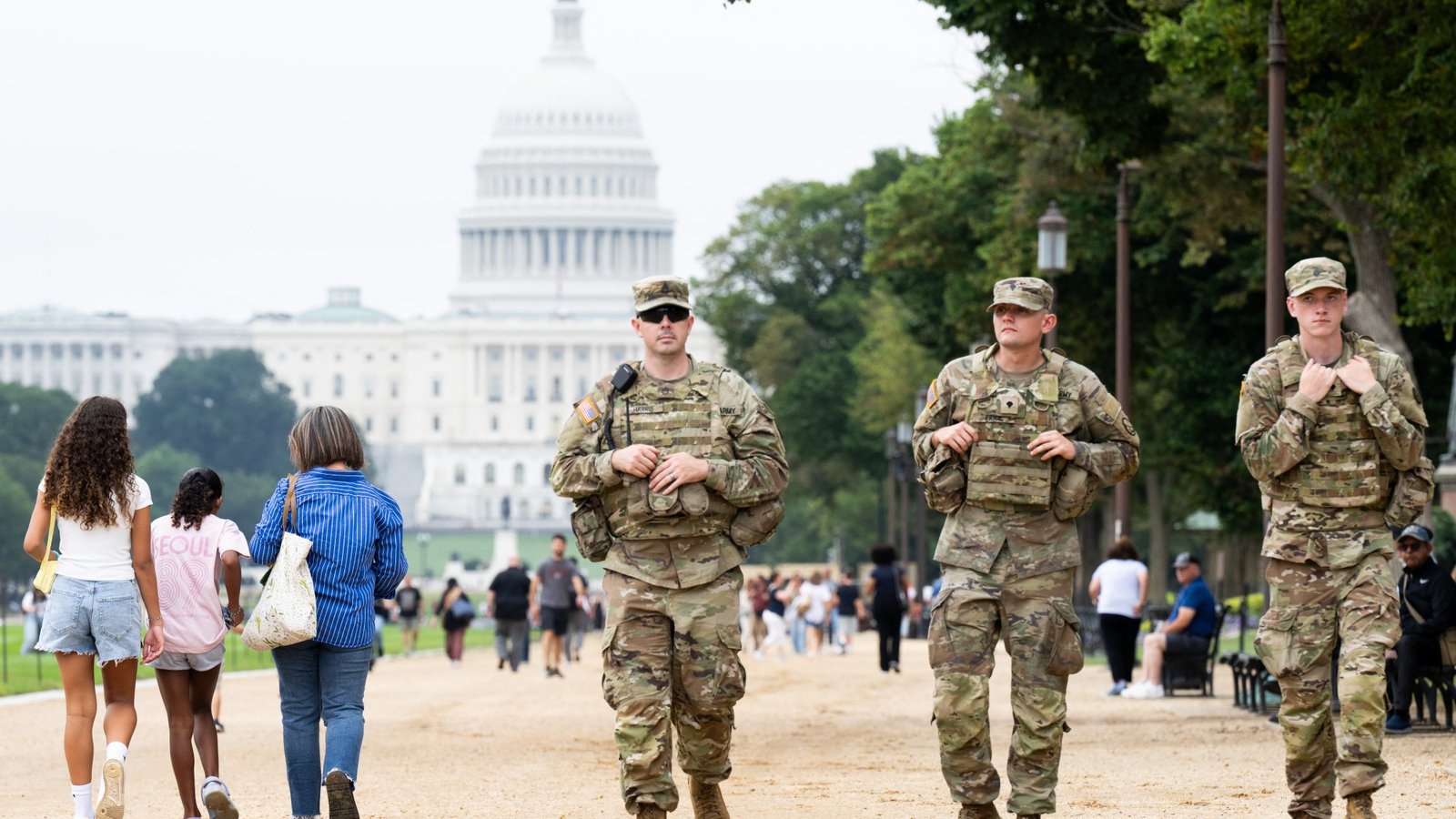The UK is among 27 countries backing a statement calling for Israel to allow immediate independent foreign media access to Gaza.
France, Germany, Australia, and Japan have also signed the text released by the Media Freedom Coalition – an intergovernmental group which advocates for the rights and protection of journalists globally.
The statement also condemned attacks on journalists, saying those working in Gaza must be protected.
International journalists have been banned by Israel from entering the Gaza Strip independently since the start of the war nearly two years ago. Some journalists have been taken into Gaza by the IDF under controlled access.
At least 192 journalists and media workers, the vast majority of them Palestinian, have been killed since then in the deadliest conflict for journalists ever documented, according to the Committee to Protect Journalists (CPJ).
Thursday’s statement, the first of its kind to be made jointly by countries, says their call is in light of “the unfolding humanitarian catastrophe”, adding they “oppose all attempts to restrict press freedom and block entry to journalists”.
It says that “deliberate targeting of journalists” is unacceptable, calling for all attacks to be investigated and followed up by prosecutions.
The latest such attack occurred earlier this month when four Al Jazeera journalists, including prominent reporter Anas al-Sharif, were killed in a targeted Israeli strike near Gaza City’s al-Shifa Hospital.
Sharif and another correspondent, Mohammed Qreiqeh, along with cameramen Ibrahim Zaher and Mohammed Noufal, were in a tent for journalists at the hospital’s main gate when it was struck, the broadcaster said at the time.
Two other freelance journalists were killed – Moamen Aliwa and Mohammed al-Khaldi.
The Israel Defense Forces (IDF) confirmed it had targeted Sharif, alleging he had “served as the head of a terrorist cell in Hamas”.
However, the CPJ said Israel had failed to provide evidence to back up its allegations. Al Jazeera has also denied Israeli claims.
With no international journalists allowed into Gaza, local reporters have continued throughout the war to provide coverage directly on social media and working for Palestinian or international media organisations.
Israel’s High Court of Justice last year ruled that restrictions on entry were justified on security grounds. The Foreign Press Association, which represents journalists operating in Israel, has been petitioning the court to lift the ban, arguing that “unprecedented restrictions” had “hindered independent reporting”.
For the journalists still in Gaza, the situation is dire. As well as Israeli air strikes, many have faced the threat of starvation.
Last month, the BBC and three news agencies – Reuters, AP and AFP – issued a joint statement expressing “desperate concern” for journalists in the territory, who they say are increasingly unable to feed themselves and their families.
More than 100 international aid organisations and human rights groups have warned of mass starvation in Gaza.
Israel, which controls the entry of aid supplies into Gaza, has accused the charities of “serving the propaganda of Hamas”. But its own government figures show the amount of food it allowed into the territory between March and July was significantly below what the World Food Programme (WFP) says is needed for even basic assistance needs.
There are more fears about Palestinians after the Israeli military began the first stages of a planned ground offensive in Gaza City.
Israel’s government announced its intention to conquer the entire Gaza Strip after indirect talks with Hamas on a ceasefire and hostage release deal broke down last month.
The Israeli military launched a campaign in Gaza in response to the Hamas-led attack on southern Israel on 7 October 2023, in which about 1,200 people were killed and 251 others were taken hostage.
At least 62,122 people have been killed in Gaza since then, according to the territory’s health ministry. The ministry’s figures are quoted by the UN and others as the most reliable source of statistics available on casualties.




